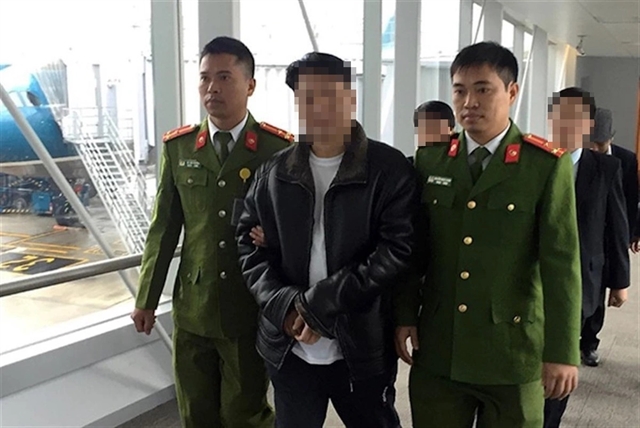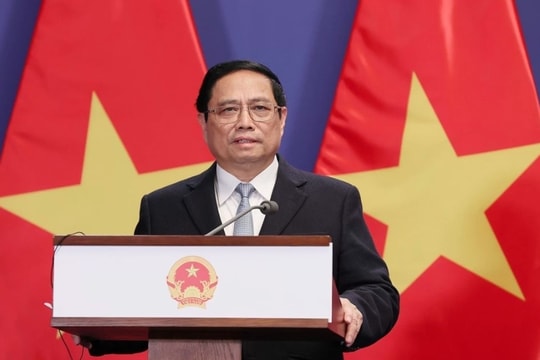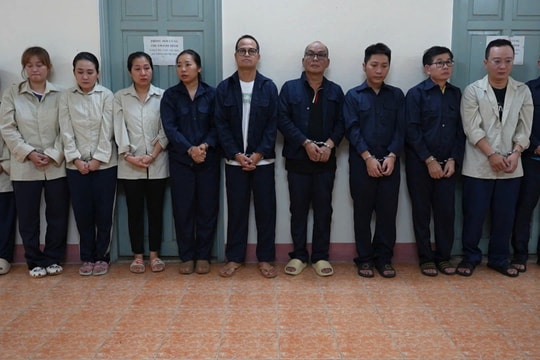 |
| Vietnamese police carrying out the extradition of a suspect. — Photo bocongan.gov.vn |
HÀ NỘI — Việt Nam’s Ministry of Public Security is drafting a new Extradition Law aimed at modernising the country’s legal framework and addressing international concerns regarding the application of the death penalty in extradition cases.
The proposed law is one of four reforms stemming from the 2007 Law on Judicial Assistance. A key provision has sparked debate: a proposal to exempt the death penalty in certain extradition cases to secure the return of fugitives who have fled to countries that have abolished capital punishment.
Under the draft, if a foreign country requires assurances against the death penalty as a condition for extradition, the Ministry of Public Security will coordinate with relevant agencies and submit the request to the President of Việt Nam for a case-by-case decision. For countries without an extradition treaty with Việt Nam, the Ministry of Foreign Affairs will announce the decision based on the President’s ruling and the principle of reciprocity. If a treaty exists, the Ministry of Public Security will issue the announcement.
Mixed reactions to the proposal
The draft has drawn criticism from legal experts and stakeholders. The Ministry of Justice raised concerns about potential inequalities in enforcement. Critics argue that individuals convicted of the same crime could face different punishments, depending on whether they fled abroad or remained in Việt Nam, potentially undermining public trust in the justice system.
The Ministry of Public Security’s External Relations Department warned that serious offenders might exploit the provision to evade the death penalty. They called for clear guidelines to maintain consistency with Việt Nam’s broader legal system and to prevent misuse.
In defence of the proposal, the drafting agency emphasised the necessity of aligning with international cooperation requirements. Many countries, especially in Europe, have abolished the death penalty and demand assurances against its application before agreeing to extradition requests. Without such commitments, these nations might refuse to extradite, allowing fugitives to evade justice entirely.
The agency argued that securing the return of fugitives to face life imprisonment or other penalties in Việt Nam is preferable to leaving them free in foreign jurisdictions. The primary aim, it stressed, is to ensure all offenders are held accountable while aligning with international legal norms.
Under Việt Nam’s current legal framework, only the President has the authority to grant clemency in death penalty cases. The draft law upholds this principle, with procedural details to be developed collaboratively by the government, the Supreme People’s Court, and the Supreme People’s Procuracy.
By tailoring assurances against the death penalty to specific, exceptional cases, Việt Nam seeks to balance its domestic legal priorities with the demands of global legal standards, ensuring justice is served while facilitating international cooperation. — VNS
























